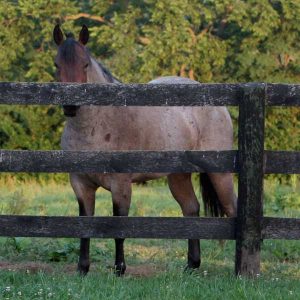
Feeding Starch/Sugar Sensitive Horses
A better understanding of how the horse’s digestion system works has revealed that balancing forage intake with concentrate intake is...
» View Article
A better understanding of how the horse’s digestion system works has revealed that balancing forage intake with concentrate intake is...
» View Article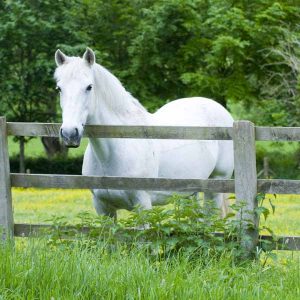
May 2009 Horse Health Article American Association of Equine Practitioners The number one killer of horses is colic. Colic is...
» View Article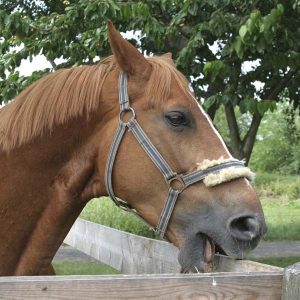
Once known as a stable vice, cribbing is now considered by equine behaviorists as a stereotypical oral behavior. Cribbing behavior...
» View Article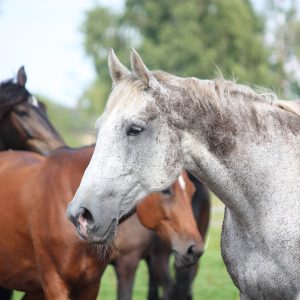
Over the past couple of decades improved management, nutrition, and veterinary care have contributed to increase longevity in today’s horse...
» View Article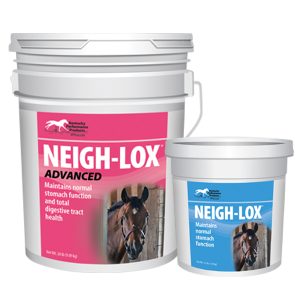
The original Neigh-Lox®, with the blue label, was developed in 1996 to address the ever-growing problem of stomach ulcers in horses....
» View Article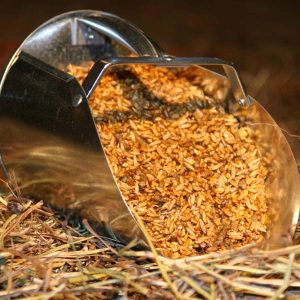
What is laminitis? Laminitis occurs when the tissues that connect the coffin bone to the hoof wall, called the laminae,...
» View Article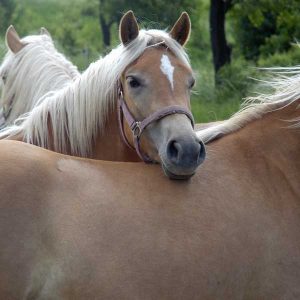
For years, horsemen have believed that the surefire way to sidestep gastric ulcers is full-time grazing. However, that widely held...
» View Article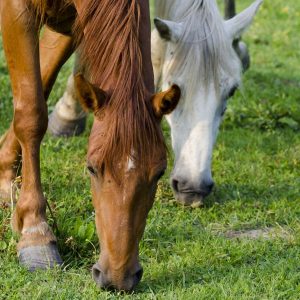
Veterinarians and horsemen recognize the harmful effects of gastric ulceration in their horses. Colic, chronic diarrhea, decreased appetite, and weight...
» View Article
"*" indicates required fields